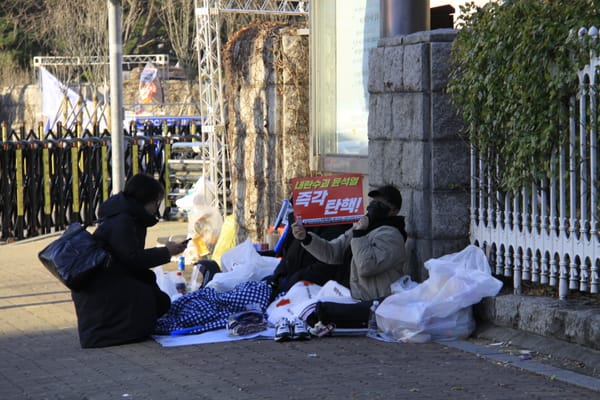Asia Undercovered 8 July 2020
This week: The lost children of East Timor, contrasting minority language policies in China and Taiwan, and an little-covered dam collapse in Uzbekistan.
Undercovered this week
Poignant and tragic. The names of disappeared Uyghur artists, scholars, and musicians. Many, perhaps, gone forever.
Back in the 1970s and 80s, it was Indonesia trying to erase East Timor’s culture and identity. Anne Baker writes about a generation of stolen children, forced to live far from their birth parents, and their journeys home in this immersive, powerful feature (ABC Foreign Correspondent).
I wonder…In 20 years, will we be reading stories like about Uyghur children, taken from their parents today, forced to forget their language, culture? History is repeating itself, because we refuse to learn (or act).
Also from Indonesia, the government has announced a massive plan to create a giant farm in the middle of Borneo, meant as a stimulus to combat the economic impact of the pandemic, but which could have worrying ecological impacts (Michael Taylor, Trust).
India’s move to ban Chinese apps has meant that Tibetan communities have lost their single link – WeChat – with family across the border, reports Ashna Butani in The Indian Express.
It was little covered, but in May a dam collapse in Uzbekistan killed six, and forced 110,00 to evacuate. As Eugene Simonov reports, it was a disaster waiting to happen due to faulty planning and lack of cooperation among Central Asian nations (The Third Pole).
Elections
Mongolia’s election results are in – a landslide victory for the incumbent Mongolian People’s Party in what was a peaceful, high-turnout vote. Here’s some analysis from Byambajav Dalaibuyan in East Asia Forum.
Taiwan has long been seen its politics dominated by battles between the pro-China KMT and the pro-independence DPP. But in the capital Taipei, Mayor Ko Wen-je’s new Taiwan People’s Party is charting a new, less divisive path (Bill Sharp)
Imran Khan’s election as Prime Minister of Pakistan was initially seen as a hopeful change for a young, fragile democracy. Today, that hope has faded, argues Tilak Devasher in The Diplomat.
Geopolitics
The geopolitics of airplane Tail Numbers – really enjoyed this piece in Taiwan Gazette that explains why it is not so easy for Taiwan to change the name of its flag carrier, China Airlines, and illuminates the complexity of airlines get permission to land.
Solutions Stories
A stark contrast. China, 1.3 billion people, yet shrinking space for linguistic diversity, with Mongolian now joining Uyghur, Tibetan, Cantonese, and other languages no longer allowed as mediums of local education.
Meanwhile Taiwan, population 24 million, is officially bilingual, with the government supporting the rejuvenation of its indigenous languages. Here’s are two pieces from Global Voices, one on how a Wikipedia project is booking a language with just a few hundred speakers, Sakizaya, and the second profiling a young Seediq language activist.
And lastly, money is not everything. Research by Zuzy Anna found that while fishers were among the poorest people in Indonesia, they were also among the happiest (The Conversation).
Asia Undercovered: Journalist Nithin Coca’s weekly roundup of the news, events, trends and people changing Asia, but not getting enough attention in the US media.



